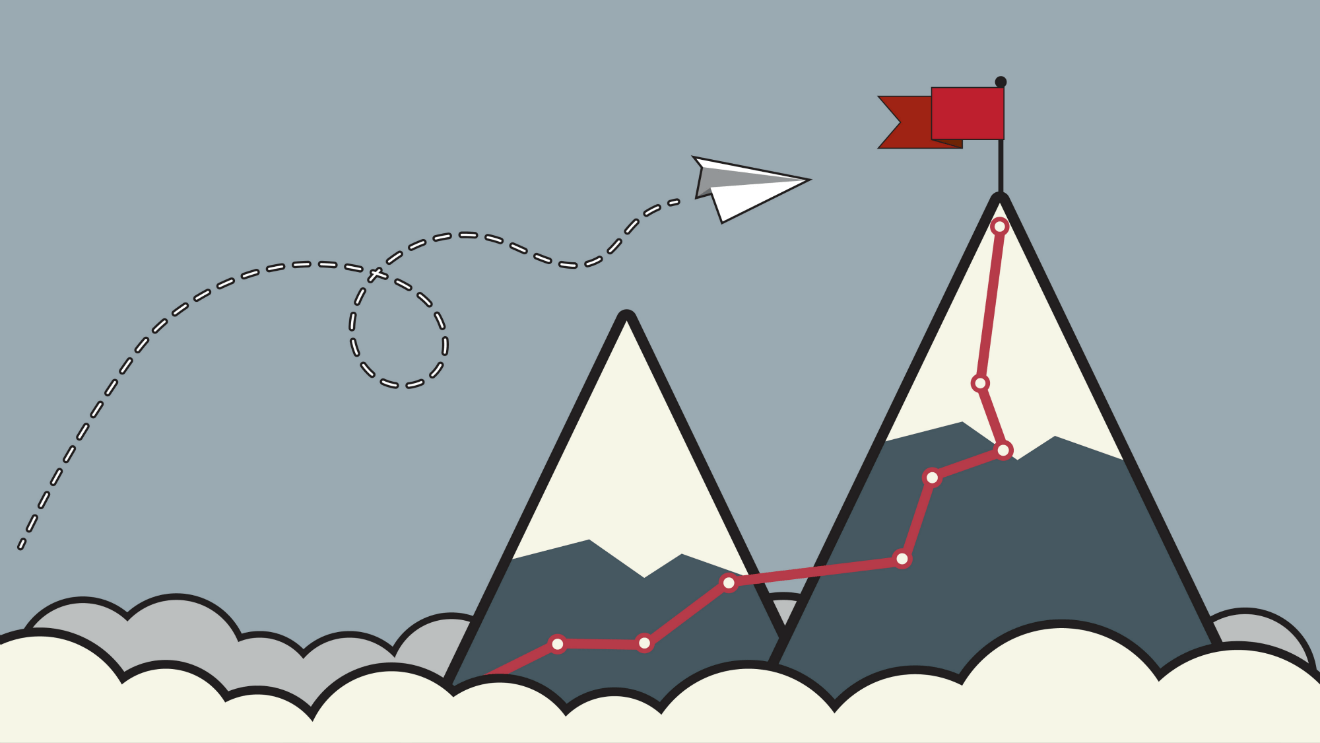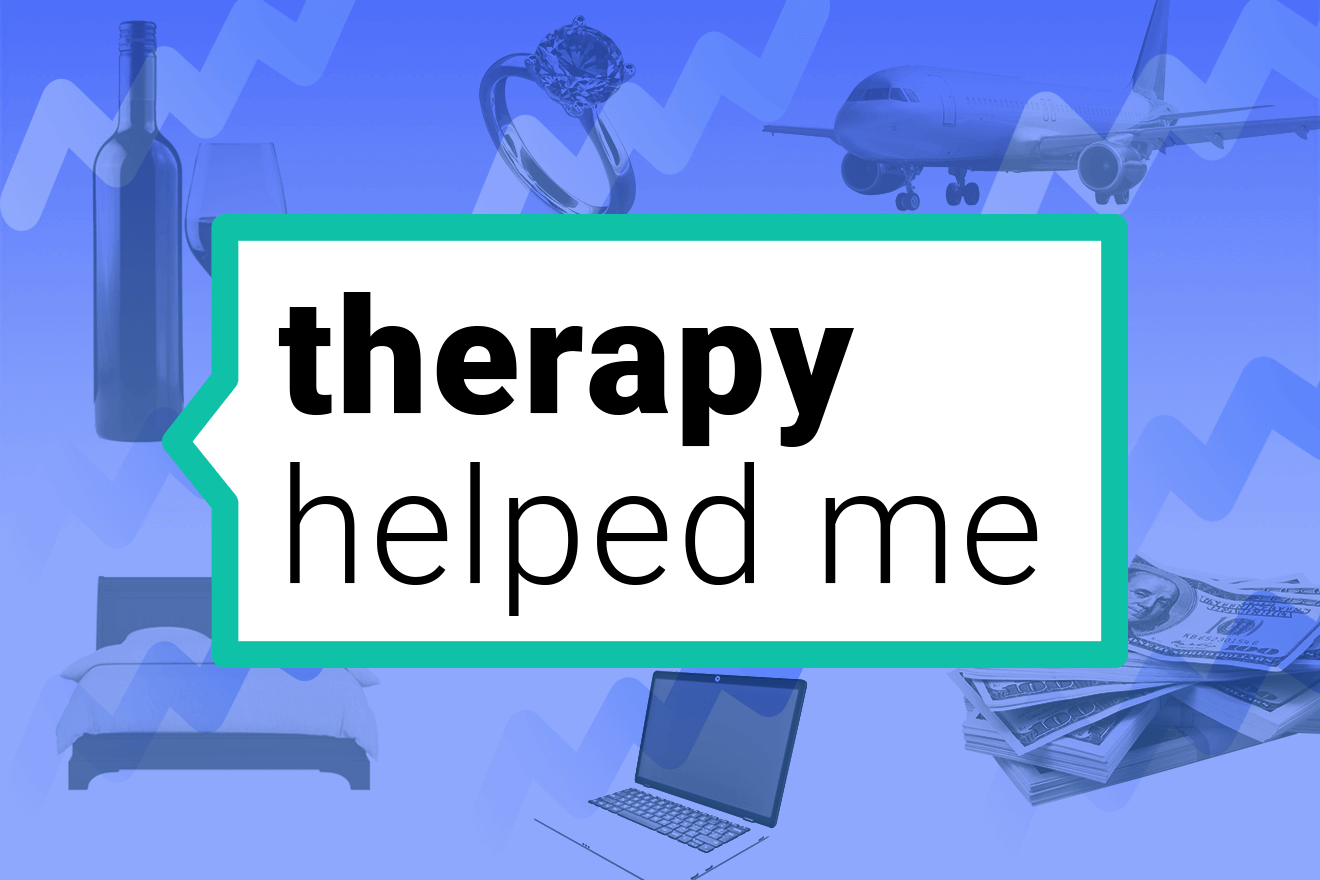Every year, there’s a new self-help book that’s all the rage, you see it everywhere —on the beach, on the train, while traveling, in coffee shops. While they might be great reads, self-help books aren’t necessarily a replacement for therapy…even if the book is written by a therapist. The business of self-help books is a 2.5 billion dollar industry in the U.S. and make up 2.5% of all books currently in print.
Those who seek out self-help books and those who seek out therapy often have similar intentions: to make a change and become a better version of themselves.
So, what’s the difference between the two? And why can’t a self-help book replace your therapist?
What Therapy Provides
We asked some of our Talkspace therapists for their take on self-help books, why therapy differs from self-help books, and how to determine which is the best fit and most helpful for you. Talkspace therapists Cynthia V. Catchings, LCSW-S; Joanna Filidor, LMFT; Rachel O’Neill, Ph.D., LPCC-S; and Elizabeth Hinkle, LMFT share their thoughts and opinions below on what therapy can provide, that a book cannot.
An individual approach
A therapist will be able to help you work through your individual issues, as well as provide catered advice and solutions for those issues. Catchings notes that, unlike a book, with therapy the advice, “is offered by a qualified mental health professional that is trained to help the client and de-escalate during a difficult situation.” If emotions escalate while you’re working through challenges, the therapist will be able to help you work through these feelings in an appropriate way. A book has no way to pause and reorient, adapt it’s strategy. A book may continue to upset you as you read. She adds that, although the “book might be written by a therapist or a knowledgeable person, if the information triggers the client, it can cause more harm than good.”
A safe space, without triggers
Unintentionally, a self-help book may contain triggering content. If you have a family member who suffers from OCD and hoards magazines, a book about dealing with hoarding may include examples that are triggering. Additionally because these books have a set approach, there isn’t a guarantee the book will work for you. Filidor emphasizes that, “Therapy meets you where you are at, meaning it’s not a one-size-fits-all treatment,” the way self-help books are. Considering everyone is different, and everyone has their own triggers, these books can’t customize a safe spaces as therapy can.
The ability to be heard
Being able to share your thoughts, emotions, and feelings with someone else, can offer a great deal of stress relief. Unlike a book, therapy allows you to express yourself, and gives you the chance to “share your story and to feel heard,” says Filidor. She adds that this alone “is such a big part of healing.” Knowing that someone is there to validate your feelings and listen to you, cannot be replicated with a book.
Signs It’s Time to Seek Professional Help From a Therapist
If you’re unsure about seeking professional help, our therapists have provided a few ways to help self-evaluate. First, you might also want to get a mental health check-up!
Our therapists noted the following signs that you may need to turn to a professional, rather than consult a self-help book.
You feel stuck, or have little motivation
O’Neill says that, if “you’re feeling stuck on a particular issue, or if it seems like you lack the motivation to begin to work through a problem on your own,” it’s definitely time to take the burden off yourself, and ask for help.
Self-help is no longer helpful or comfortable
A clear indicator self-help is no longer working is “when you notice the information isn’t comforting to your situation,” Hinkle adds.
Your symptoms are long-lasting or extreme
Hinkle stresses that if there are “concerns about your mood and/or safety,” it’s extremely important to get help from a professional. The duration of these symptoms is also a key factor.
Some of the symptoms you might be experiencing include:
- Constant crying and unresolved grief that has affected you for months
- Lack of enjoyment while doing the things you used to enjoy
- Constant feelings of worthlessness
- Anxiety with panic attacks
- OCD that affects you physically or emotionally
- Suicidal ideation — if you are in a life threatening situation, please call 911 or +1 (800) 273-8255 to get immediate help
If you’re ready to talk to a therapist today, give online therapy a try. You will get through whatever challenges you’re experiencing, but it can be incredibly beneficial to have a professional help you navigate through complicated thoughts and feelings — whether those be weathering the storms of depression or anxiety or just trying to be more goal-oriented.
Self-Help Books Have a Time and Place
At this point, you might be wondering: So why are self-help books so popular?
We asked our therapists if they thought these books had a time and place, or if there were situations where they do provide value. Overall, they agreed that they do sometimes serve a purpose. O’Neill mentioned that “self-help books can be helpful when a person is motivated to learn more about a particular topic.” Catchings believes that certain genres of self-help books are most helpful, including topics that “motivate, increase self-esteem, and share positivity.” Otherwise, it’s still best to seek a professional.
Some of our therapists suggest that certain self-help books might be good supplements to therapy. Your therapist will be able to give you an individualized reading recommendations that will work for you and your situation, books that can work in conjunction with their approach.
Whatever your situation may be, the interest in becoming a better version of yourself, is an incredible first step down the right path. There is help out there for any type of challenge you may have, you just have to find it.
Talkspace articles are written by experienced mental health-wellness contributors; they are grounded in scientific research and evidence-based practices. Articles are extensively reviewed by our team of clinical experts (therapists and psychiatrists of various specialties) to ensure content is accurate and on par with current industry standards.
Our goal at Talkspace is to provide the most up-to-date, valuable, and objective information on mental health-related topics in order to help readers make informed decisions.
Articles contain trusted third-party sources that are either directly linked to in the text or listed at the bottom to take readers directly to the source.




